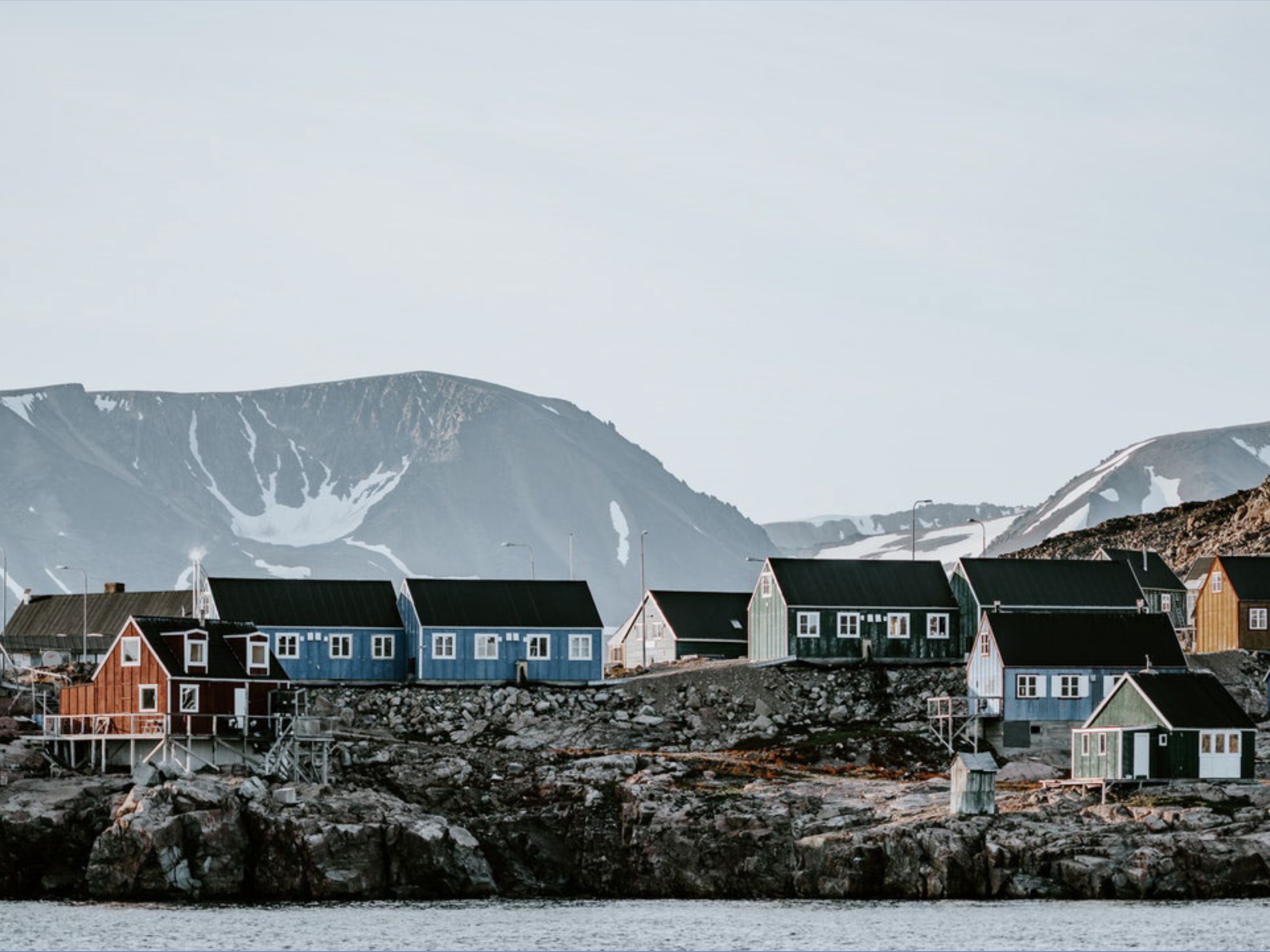
USask and new partner, Valard Group, aim to advance renewable energy in remote communities
SASKATOON – A unique University of Saskatchewan(USask) research program that aims to address policy challenges and socio-economic barriers to renewable energy development in northern, remote and Indigenous communities will receive a significant boost thanks to a major gift from the Valard Group of Companies.
The Edmonton-based utility services company is making a significant contribution as a program partner to support the Renewable Energy in Northern, Remote and Indigenous Communities Flagship Program at the USask School of Environment and Sustainability (SENS).
The program—believed to be the world's first multi-sectoral partnership of its kind—has 14 founding partners including three businesses, four Indigenous entities representing 14 communities, six academic institutions from Alaska, Norway, Sweden and Canada, and one non-governmental organization, collectively contributing $1.5 million to fund the new program
“Studying the impacts on communities of transition to renewable energy is important, and we are thrilled that the Valard Group—a leader in the electrical utility sector with a long history of working with Indigenous communities—recognizes the value of this work,” saidSENS professor Greg Poelzer, who co-leads the flagship program.
“This research will enhance the social and economic outcomes for communities throughout the Circumpolar North,” Poelzer said, noting that nearly two million people living in this region, one of the most extreme climates in the world, do not have a reliable and consistent source of electric power. The circumpolar region includes the northern lands of the world’s eight northernmost countries—Canada, Finland, Denmark (including Greenland and Faroe Islands), Iceland, Norway, Russia, Sweden and United States (Alaska).
The Valard Group’s gift will help build the research capacity of northern, remote and Indigenous communities by funding public symposia and participant workshops; graduate and post-doctoral scholarships for Indigenous students; stakeholder engagement and partner relations; project management; and research travel.
The program will draw upon original research and the knowledge of circumpolar communities and partners to offer international leadership in renewable energy. Specifically, the program will address pressing policy and regulatory challenges as communities transition to renewable energy as a principal source of power.
“The Valard Group is excited to partner with academics, industry members, as well as community and Indigenous groups, to identify problems and develop solutions for sustainable energy security in Canada’s northern communities,” said Steve Sousa, chief commercial officer for the Valard Group.
“This partnership takes a community-directed approach to understanding, identifying and executing energy sustainability. It will allow us to continue to build and maintain strong relationships with Indigenous communities,” said Sousa.
The program will focus on local energy needs, ownership structures and governance arrangements that will sustain renewable energy projects, with solar and biomass being important renewable energy sources in the north.
“This unique collaboration will help develop renewable energy solutions for a sustainable northern environment while training the next generation of undergraduate, graduate and post-doctoral students in the burgeoning field of renewable energy,” said Karen Chad, USask vice-president research.
The Valard Group of Companies has more than 35 electric power infrastructure services, provided by 11 companies across Canada. The group provides full-service capabilities for transmission, distribution, substations, foundations, telecommunications and renewable energy to utilities, independent power producers, mining, oil and gas industries, and rural electric associations.
-30-
For more information, contact:
Jennifer ThomaMedia Relations Specialist
University of Saskatchewan
306-966-1851
jennifer.thoma@usask.ca
Article re-posted on .
View original article.

